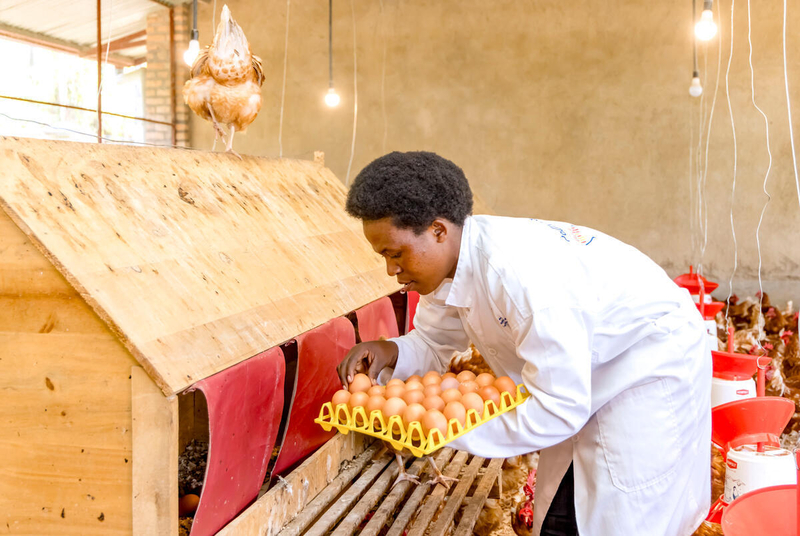In a powerful show of regional collaboration, the FAO Regional Office for Africa’s Gender Team recently contributed to a masterclass titled “Youth as Catalysts for Women’s Empowerment in Agrifood Systems.” This session was part of the Agrifood Leadership Education Programme (ALEP), under the World Food Forum’s Global Youth Action, which is advancing gender equality and women’s empowerment (GEWE) as a central goal of its 2025 agenda.
The masterclass brought together emerging youth leaders from ALEP and the WFF National Youth Chapters, aiming to transform policy ambitions into real-world, community-led action. Central to this approach is the understanding that youth—especially young women—are not just beneficiaries of development, but vital agents of change in Africa’s food systems.
Spotlight on Africa: Addressing Structural Gaps in Agrifood Systems
Representing the continent, Francesca Distefano, Gender and Policy Expert, and Ayouba Coulibaly, Gender Specialist, presented key findings from the FAO’s Status of Women in Agrifood Systems Report (2023). Their insights painted a clear picture: while women make up 54% of off-farm employment in agrifood systems across Africa, their farms are on average 24% less productive than those managed by men—even when the land size is similar.
The root causes? Women’s limited access to quality land, credit, agricultural inputs, climate-smart technologies, and advisory services—combined with disproportionate caregiving and household responsibilities.
The EWAT Programme: A Blueprint for Inclusive Growth
A cornerstone of the session was the Empowering Women and Boosting Livelihoods through Agricultural Trade (EWAT) initiative, a regional programme supporting women’s inclusion in agrifood trade under the Africa Continental Free Trade Area (AfCFTA).
What sets EWAT apart is its bottom-up, context-driven strategy. “We began by listening to the voices of those most affected—young women entrepreneurs, agripreneurs, and informal traders,” explained Francesca. Using detailed country diagnostics, the programme designed targeted interventions that addressed local barriers to trade, financial access, and business opportunities.
When access to finance emerged as a key barrier, the programme responded by launching a second-phase component focused on financial literacy training, mentorship, and direct engagement with banks—a move that reflects the programme’s core principle: “Programme design is important, but programme responsiveness is essential.”
Youth-Led Transformation: A Force for the Future
The Africa-focused presentation emphasized that sustainable transformation in agrifood systems depends on intersectional, youth-led action that reflects the realities on the ground. Youth, especially young women, bring not only energy but also innovation and social insight to the table.
This message comes at a critical moment. The session is a key step toward the 2026 International Year of the Woman Farmer, reinforcing the call to recognize youth not just as stakeholders, but as drivers of Africa’s food future.
As Martina Borrello from the FAO’s Office of Youth and Women noted:
“The tools and practices we discuss today must go beyond dialogue and reach local communities, translating into real, meaningful change on the ground.”



